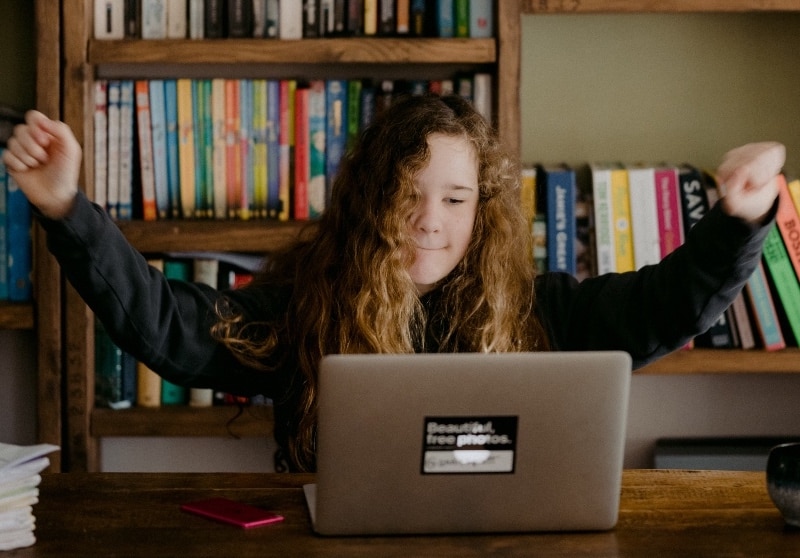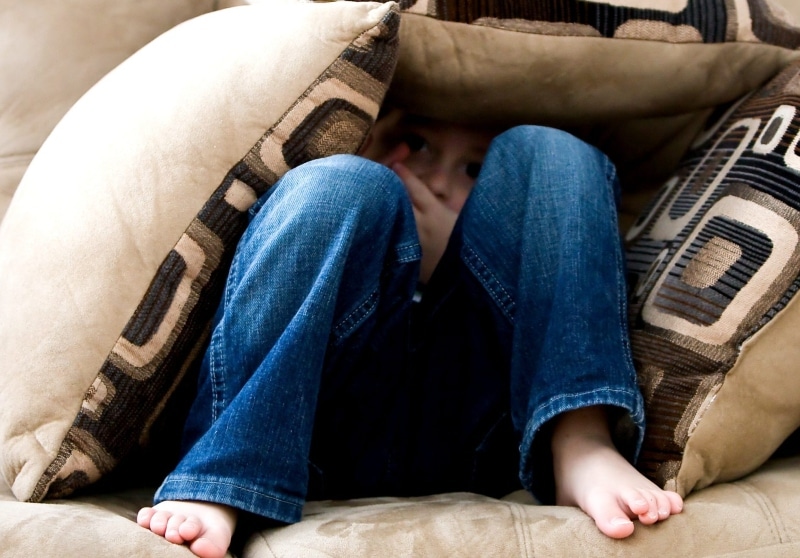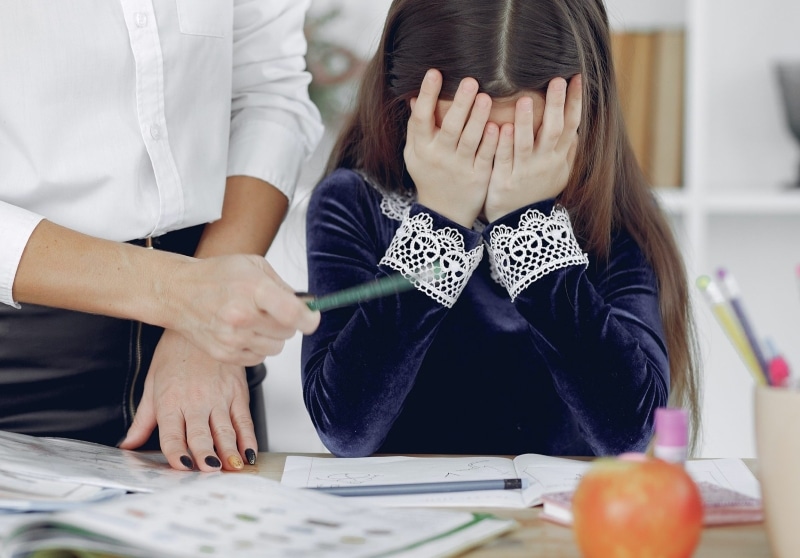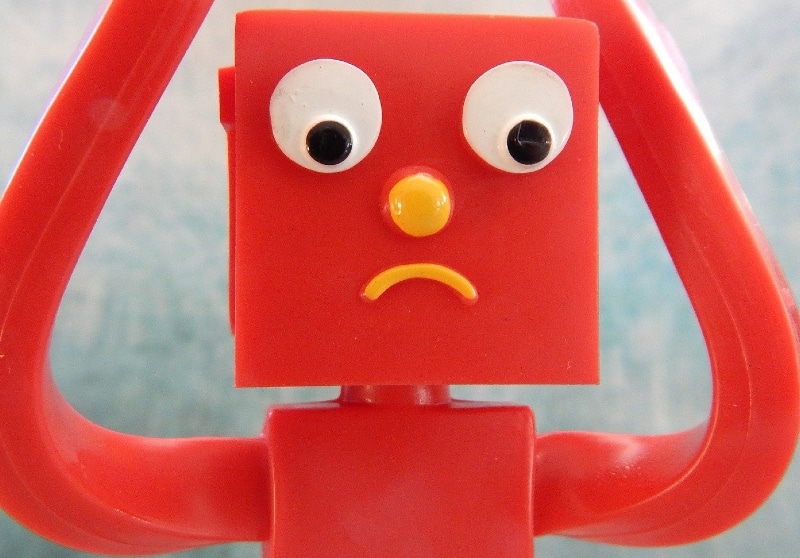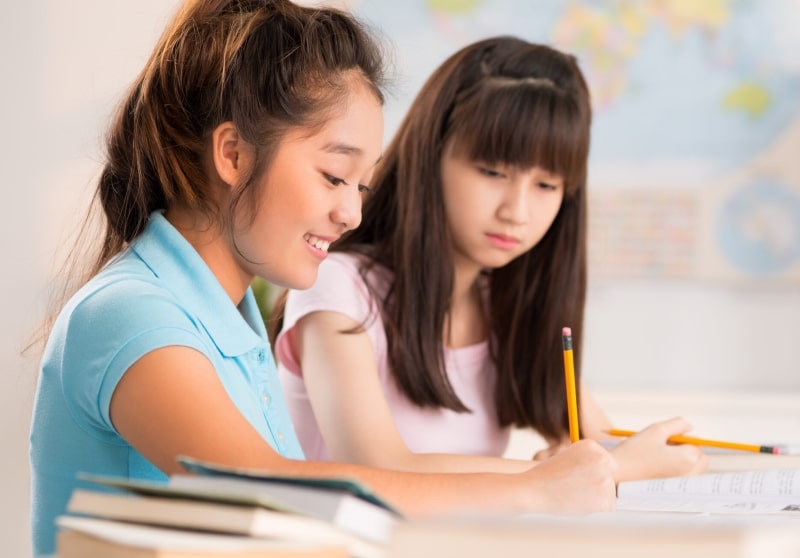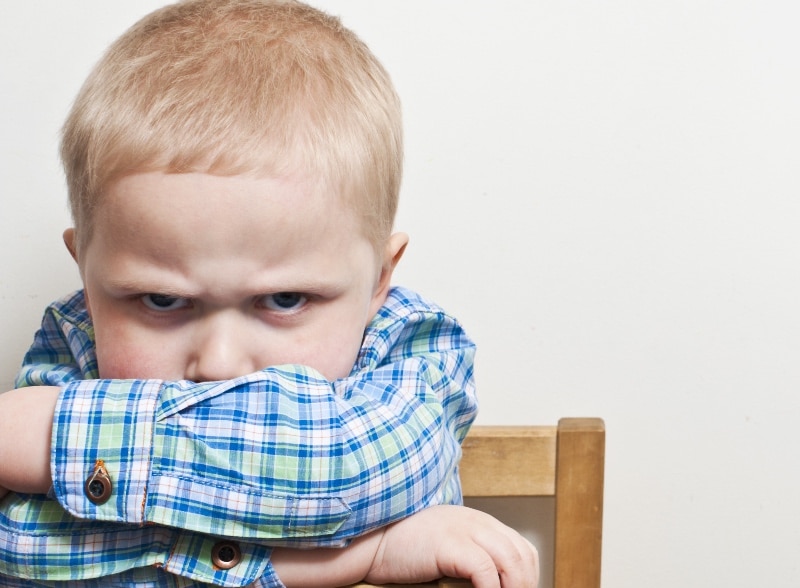
Researcher of the Month: Dr Jo Van Herwegen Discusses the Impact of Neuromyths on Children’s Outcomes
Our researcher of the month, Dr Jo Van Herwegen, talks to Dr Weston about her recent paper, which examines the prevalence of neuromyths surrounding common neurodevelopmental conditions, particularly among educators. They discuss the detrimental impact that neuromyths can have on young people and why it’s important for parents and school staff to understand more about neuromyths and for teachers to receive more training in this area.


